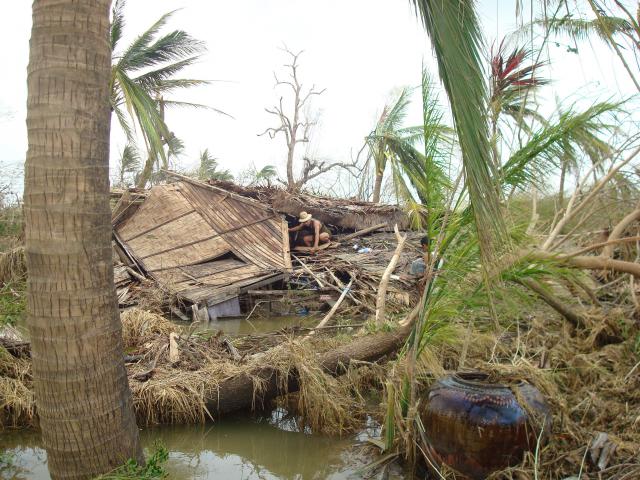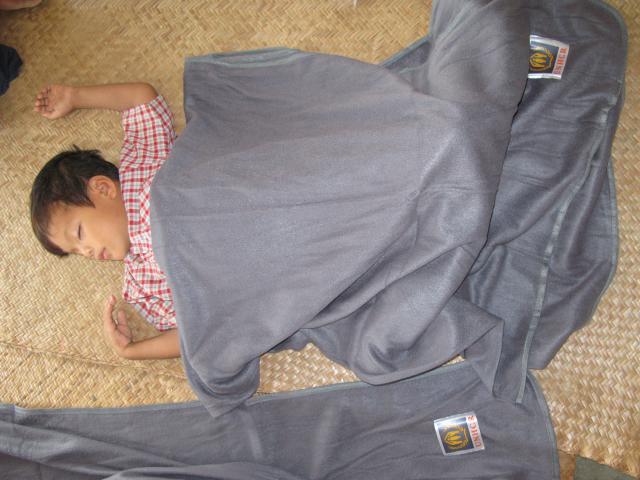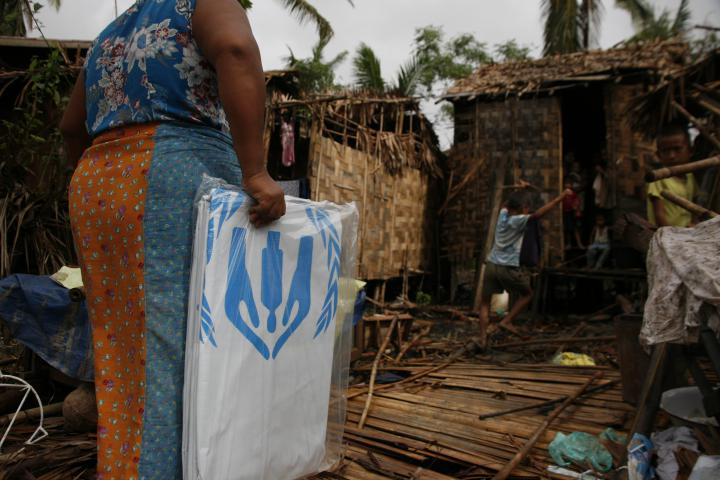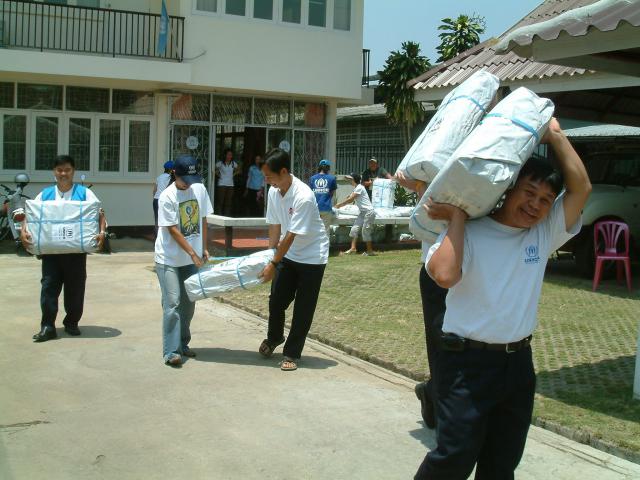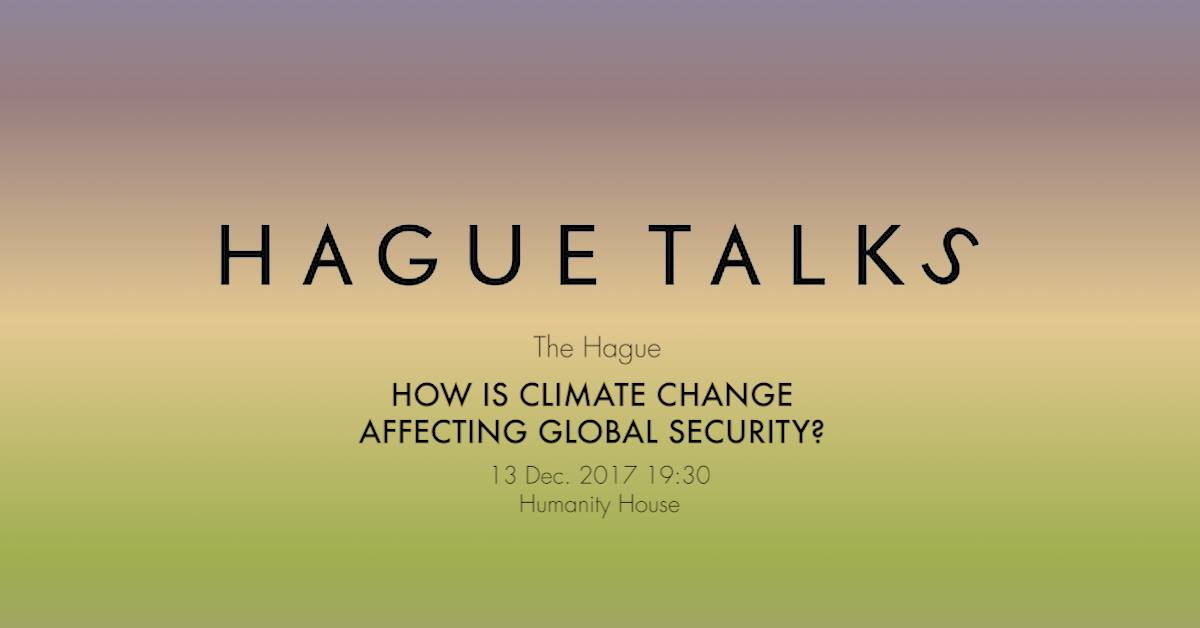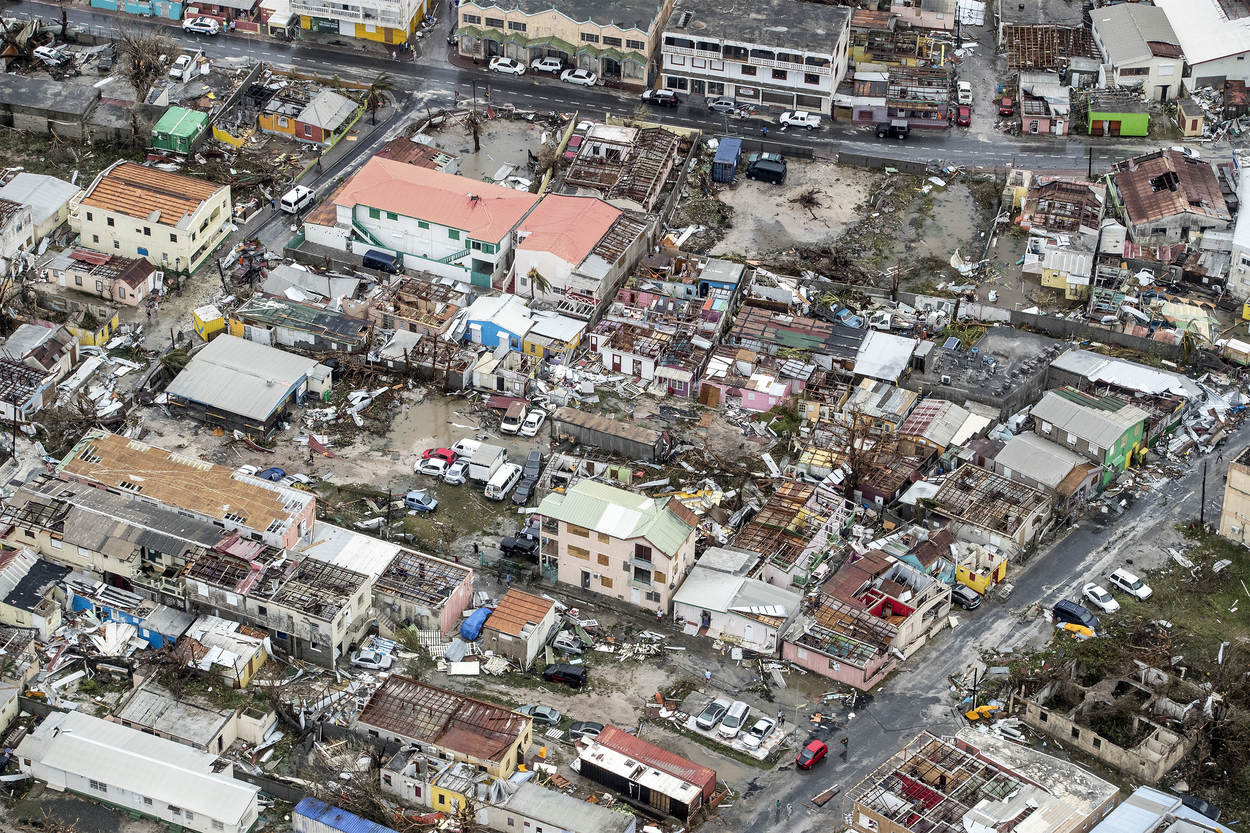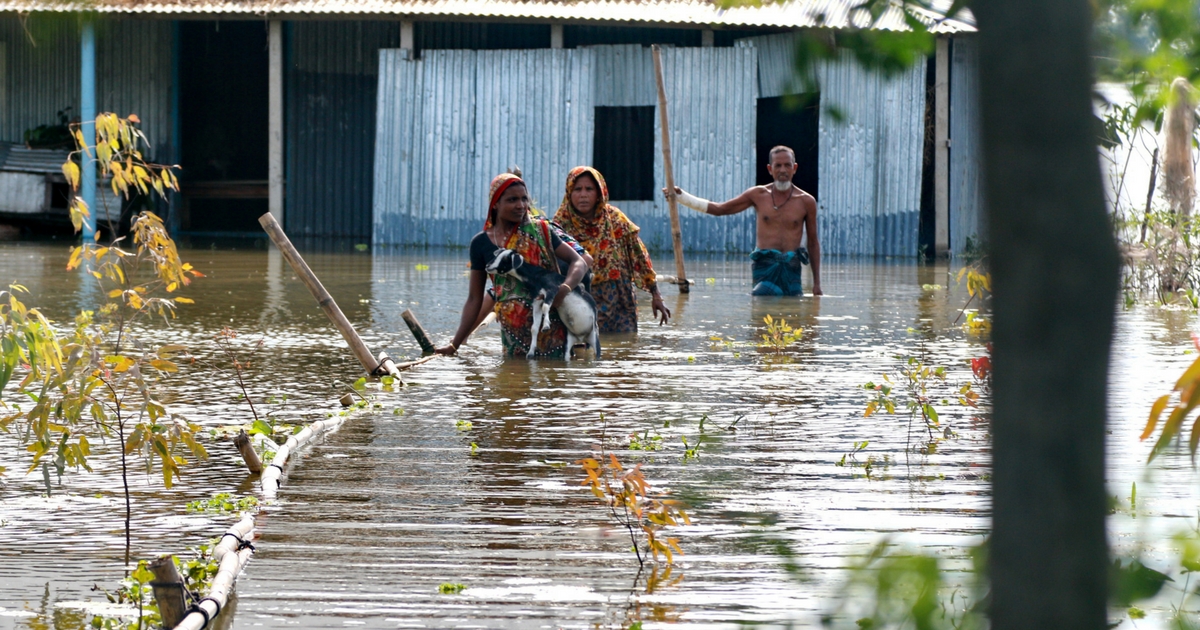Disasters & Conflicts: Myanmar. Cyclone Nargis, 2008
In May 2008 Cyclone Nargis spreads death and destruction in Myanmar. Widespread damage is caused in the southern delta of the Irrawaddy River not only by the strong winds and heavy rain but espec ...
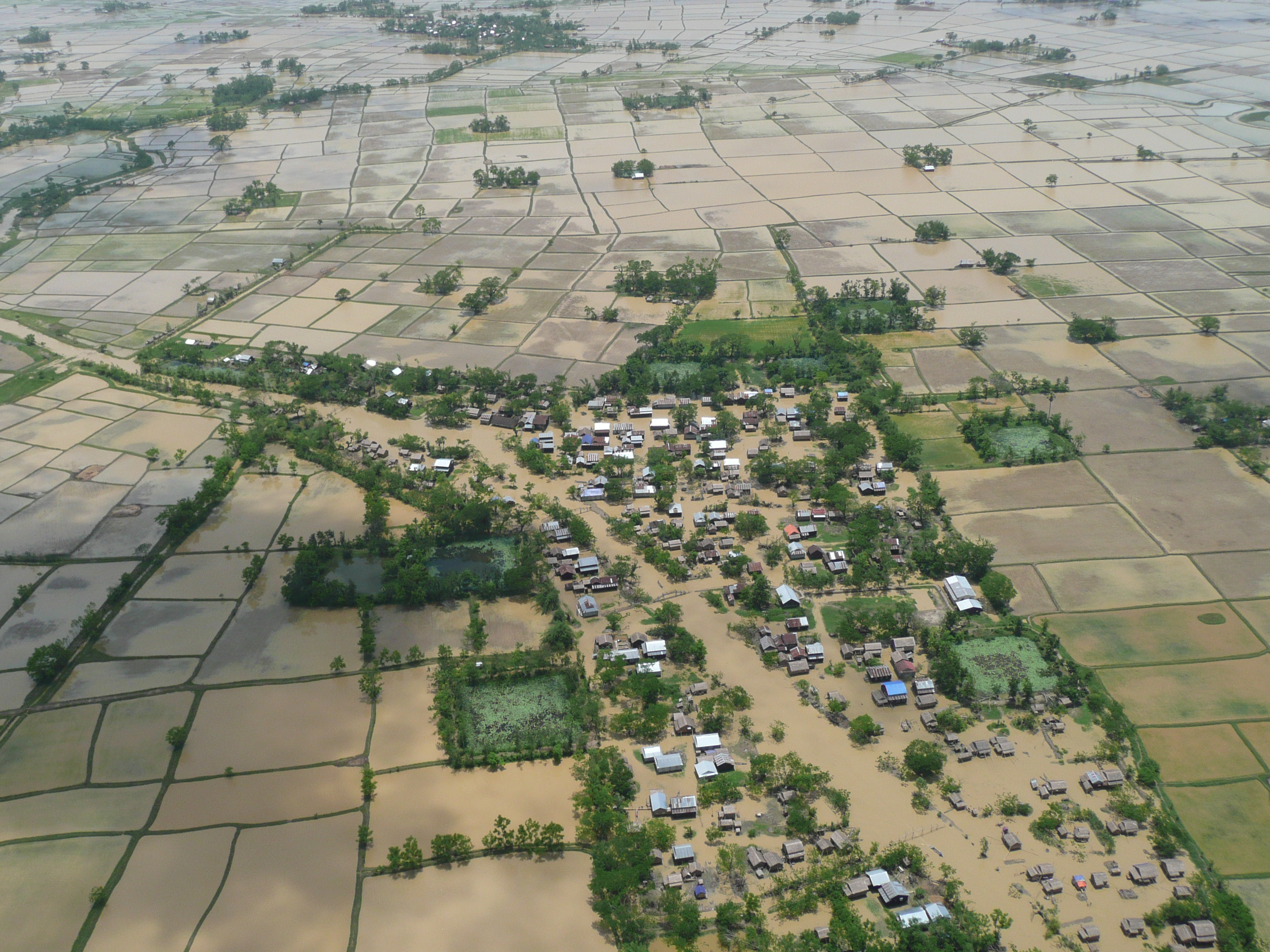
Myanmar. Cyclone Nargis, 2008
Country: Myanmar
Period: 2 May 2008
Type of disaster: Cyclone
Disaster: A tropical cyclone with high waves causes massive damage in Myanmar and claims many victims
Estimated number of victims: Numbers vary, with sources putting the figure at between 120,000 and 140,000 deaths
In May 2008 Cyclone Nargis spreads death and destruction in Myanmar. Widespread damage is caused in the southern delta of the Irrawaddy River not only by the strong winds and heavy rain but especially by the high waves. Cyclones are tropical storms with wind force 12, when the wind blows harder than 117 kilometres an hour. More than 100,000 people are killed. According to the Red Cross, a total of between 1.6 and 2.6 million inhabitants in Myanmar are affected by the cyclone. Once the storm subsides, the population faces sharply rising food prices. The devastation is enormous, and businesses raise their prices by 2 to 4 times the normal rates.
The military government in Myanmar is heavily criticised for the relief effort after the disaster. It is accused of underestimating, some say deliberately, the force of the cyclone. Moreover, it refuses to allow foreign relief workers into the country. The government fears they will help those sections of the population that want to overthrow it. Only seven days after the disaster does an aircraft carrying relief goods land in Myanmar. The NATO, the military alliance between the United States and Europe, threatens to invade the country if the government refuses to allow help into the country. Despite that, big countries are generous in providing aid. Some of them find it difficult to work together with the military government. In 2010, two years after the war, just a quarter of the money needed has been received, says relief agency Oxfam.

